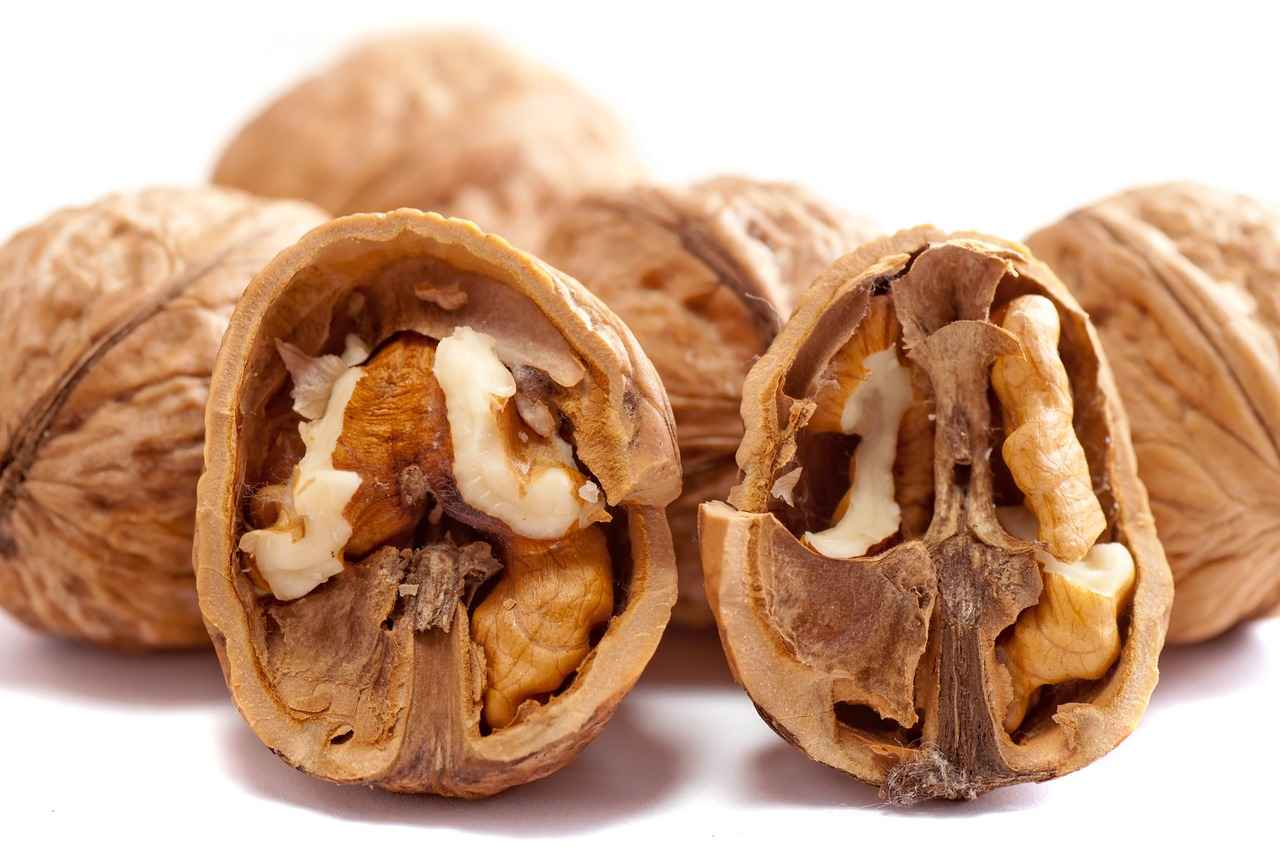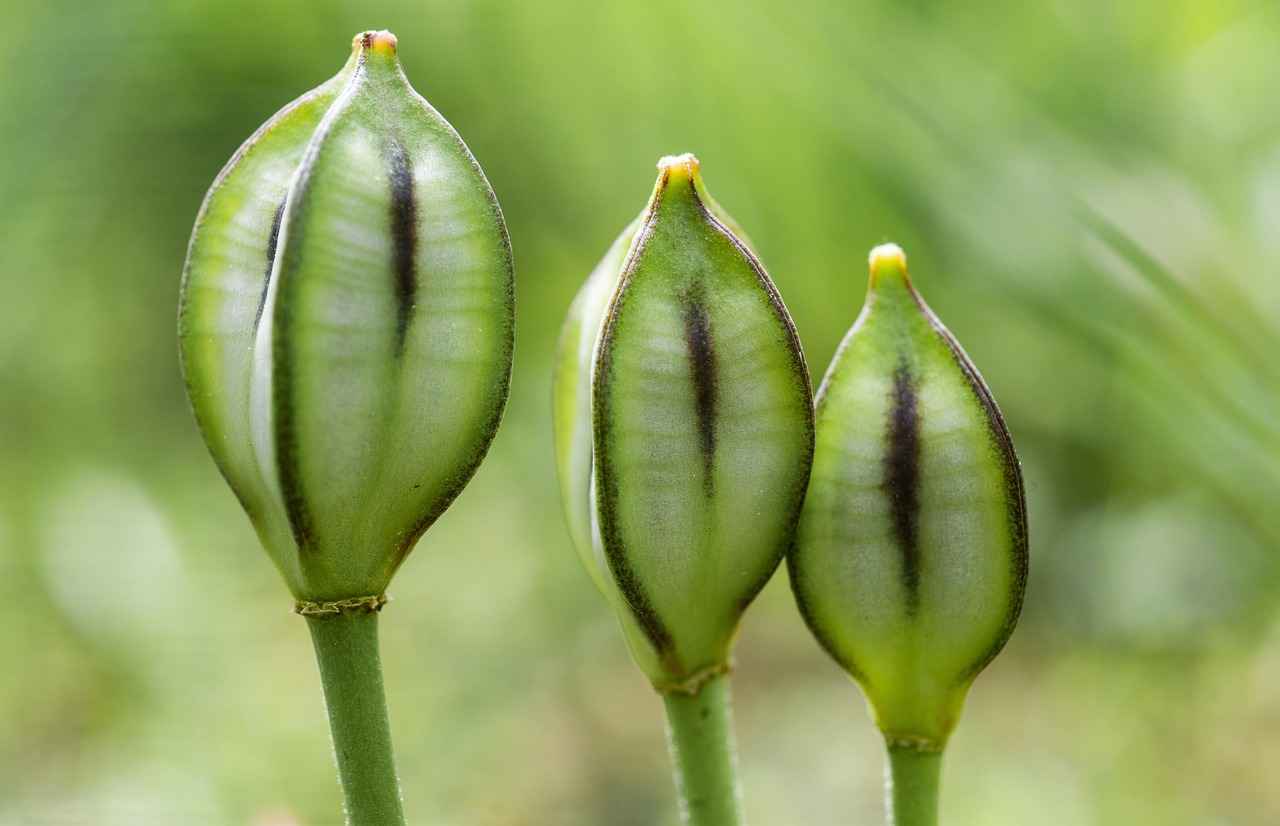This article delves into the protein content in chia seeds, their numerous nutritional benefits, and how they can seamlessly integrate into a balanced diet for optimal health.
What Are Chia Seeds?
Chia seeds are tiny, yet nutrient-dense seeds that come from the Salvia hispanica plant. They have gained popularity as a superfood due to their impressive fiber and omega-3 fatty acid content. These seeds, native to Central America, were once a staple in the diet of the ancient Aztecs and Mayans.
How Much Protein Do Chia Seeds Contain?
Chia seeds are recognized as an excellent plant-based protein source, containing approximately 4 grams of protein per 28-gram serving. This protein contributes significantly to your daily intake, making chia seeds a valuable addition to vegetarian and vegan diets.
Why Is Protein Important in Our Diet?
Protein is vital for various bodily functions. It plays a crucial role in building and repairing tissues, supports immune function, and serves as an essential energy source. Adequate protein intake is necessary for maintaining muscle mass, especially in those who engage in regular physical activity.
Comparative Analysis: Chia Seeds vs. Other Seeds
When comparing chia seeds to other seeds like flaxseeds and hemp seeds, chia seeds offer a competitive protein content along with unique health benefits. For instance, while flaxseeds are high in omega-3s, chia seeds provide a more substantial amount of fiber and antioxidants, making them a versatile option for various dietary needs.
How to Incorporate Chia Seeds into Your Diet?
Incorporating chia seeds into your diet is simple and versatile. They can be easily added to:
- Smoothies
- Oatmeal
- Salads
- Baked goods
Chia seeds not only enhance the nutritional profile of meals but also improve texture without significantly altering the taste.
Are There Any Health Benefits of Chia Seeds Beyond Protein?
Beyond their protein content, chia seeds are rich in antioxidants, fiber, and essential fatty acids. These nutrients contribute to improved digestion, heart health, and reduced inflammation, making chia seeds an excellent choice for overall wellness.
What Are the Best Ways to Prepare Chia Seeds?
Chia seeds can be prepared in various ways, including:
- Soaking them in water to create a gel-like consistency for puddings
- Adding them directly to recipes for added nutrition
This versatility allows for creative culinary uses, ensuring you can enjoy their benefits in numerous dishes.
Can Chia Seeds Help with Weight Management?
Thanks to their high fiber content and ability to absorb water, chia seeds can promote a feeling of fullness. This characteristic can aid in weight management by potentially reducing overall calorie intake and curbing unhealthy snacking.
Are There Any Potential Side Effects of Eating Chia Seeds?
While chia seeds are generally safe for most people, excessive consumption may lead to digestive issues or allergic reactions in some individuals. It’s essential to consume them in moderation to enjoy their benefits without adverse effects.
Where to Buy Quality Chia Seeds?
Quality chia seeds can be found in health food stores, supermarkets, or online retailers. When purchasing, it’s crucial to choose organic and non-GMO options to ensure the best nutritional value.
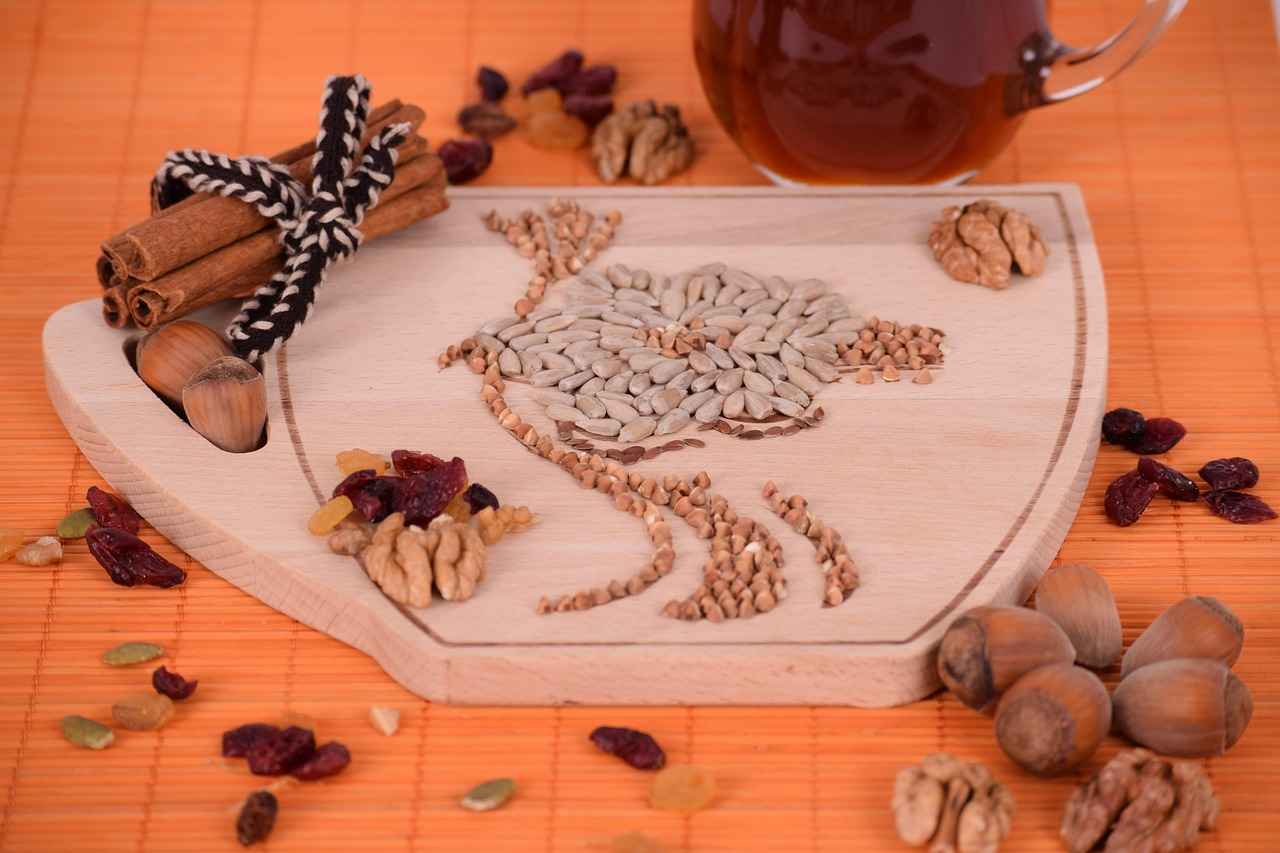
What Are Chia Seeds?
Chia seeds, derived from the Salvia hispanica plant, are small yet powerful seeds that have gained immense popularity as a superfood. These tiny seeds, native to Central America, have been consumed for centuries by ancient civilizations, including the Aztecs and Mayans, who recognized their nutritional value and energy-boosting properties. Today, chia seeds are celebrated not only for their rich nutrient profile but also for their versatility in various culinary applications.
One of the most remarkable features of chia seeds is their high content of fiber. In just one serving (28 grams), you can find about 11 grams of dietary fiber, which is essential for maintaining healthy digestion and promoting a feeling of fullness. This makes chia seeds an excellent choice for those looking to manage their weight or improve their overall gut health.
Moreover, chia seeds are an excellent source of omega-3 fatty acids, particularly alpha-linolenic acid (ALA). These healthy fats are crucial for heart health, as they help reduce inflammation and lower cholesterol levels. In fact, chia seeds contain more omega-3s than salmon, making them a valuable addition to a plant-based diet.
In addition to fiber and omega-3s, chia seeds are packed with essential minerals such as calcium, magnesium, and phosphorus. These nutrients play vital roles in bone health, energy production, and muscle function. Furthermore, chia seeds are a complete protein source, containing all nine essential amino acids, which is particularly beneficial for vegetarians and vegans.
Chia seeds also boast a wealth of antioxidants, which help protect the body from oxidative stress and free radical damage. This antioxidant-rich profile contributes to overall health and may reduce the risk of chronic diseases.
Incorporating chia seeds into your diet is simple and versatile. They can be added to smoothies, oatmeal, yogurt, or salads, enhancing both the nutritional value and texture of your meals. When mixed with liquid, chia seeds absorb water and form a gel-like consistency, making them ideal for creating puddings or as a thickening agent in recipes.
As a nutrient-dense food, chia seeds can play a significant role in a balanced diet. Their combination of fiber, healthy fats, protein, and essential nutrients makes them a valuable addition to any meal plan. Whether you are looking to boost your energy levels, improve digestion, or simply add more nutrients to your diet, chia seeds are an excellent choice.
In summary, chia seeds are not just tiny seeds; they are a powerhouse of nutrition that can support various aspects of health. Their unique properties make them a popular choice among health enthusiasts and those seeking to enhance their diets with nutrient-rich foods.

How Much Protein Do Chia Seeds Contain?
When it comes to plant-based protein sources, chia seeds stand out as a nutrient powerhouse. These tiny seeds, derived from the Salvia hispanica plant, are not only rich in protein but also packed with other essential nutrients that contribute to overall health. In this section, we will delve deeper into the protein content of chia seeds, their role in a balanced diet, and how they can be effectively incorporated into daily meals.
Chia seeds are an excellent source of protein, providing approximately 4 grams of protein per 28-gram serving. This protein content is significant when considering the daily recommended intake, especially for those following a vegetarian or vegan diet. In addition to their protein content, chia seeds contain a unique combination of amino acids, making them a complete protein source.
To put this into perspective, let’s compare chia seeds with other common protein sources:
| Food Item | Protein Content (per 28g) |
|---|---|
| Chia Seeds | 4g |
| Flaxseeds | 5g |
| Hemp Seeds | 9g |
| Almonds | 6g |
While chia seeds may not have the highest protein content compared to some other seeds, their nutritional profile is complemented by their high fiber and omega-3 fatty acid content. This makes them a versatile addition to a variety of meals, enhancing both flavor and nutritional value.
Protein is a fundamental macronutrient that plays a vital role in numerous bodily functions. It is essential for building and repairing tissues, supporting immune function, and serving as a crucial energy source. For those engaged in physical activities or looking to maintain muscle mass, incorporating sufficient protein into the diet is particularly important.
Chia seeds can serve as a convenient way to boost protein intake, especially for individuals who may struggle to meet their protein needs through traditional animal sources. Additionally, the fiber found in chia seeds aids in digestion and can help regulate blood sugar levels, offering further health benefits.
Incorporating chia seeds into your meals is easy and enjoyable. Here are some practical tips:
- Add chia seeds to your smoothies for an extra protein boost.
- Mix them into oatmeal or yogurt for added texture and nutrition.
- Use chia seeds in baking as an egg substitute by mixing them with water.
- Sprinkle them on salads or incorporate into energy bars for a nutritious snack.
By incorporating chia seeds into your diet, you can easily increase your protein intake while enjoying their numerous health benefits.
Beyond their protein content, chia seeds are rich in antioxidants, fiber, and essential fatty acids. These nutrients contribute to improved digestion, heart health, and reduced inflammation. The high fiber content in chia seeds can also help promote a feeling of fullness, which may aid in weight management.
In conclusion, chia seeds are an excellent addition to a balanced diet, providing a substantial amount of protein along with a host of other health benefits. Their versatility makes them easy to incorporate into various meals, ensuring you can enjoy their nutritional advantages.
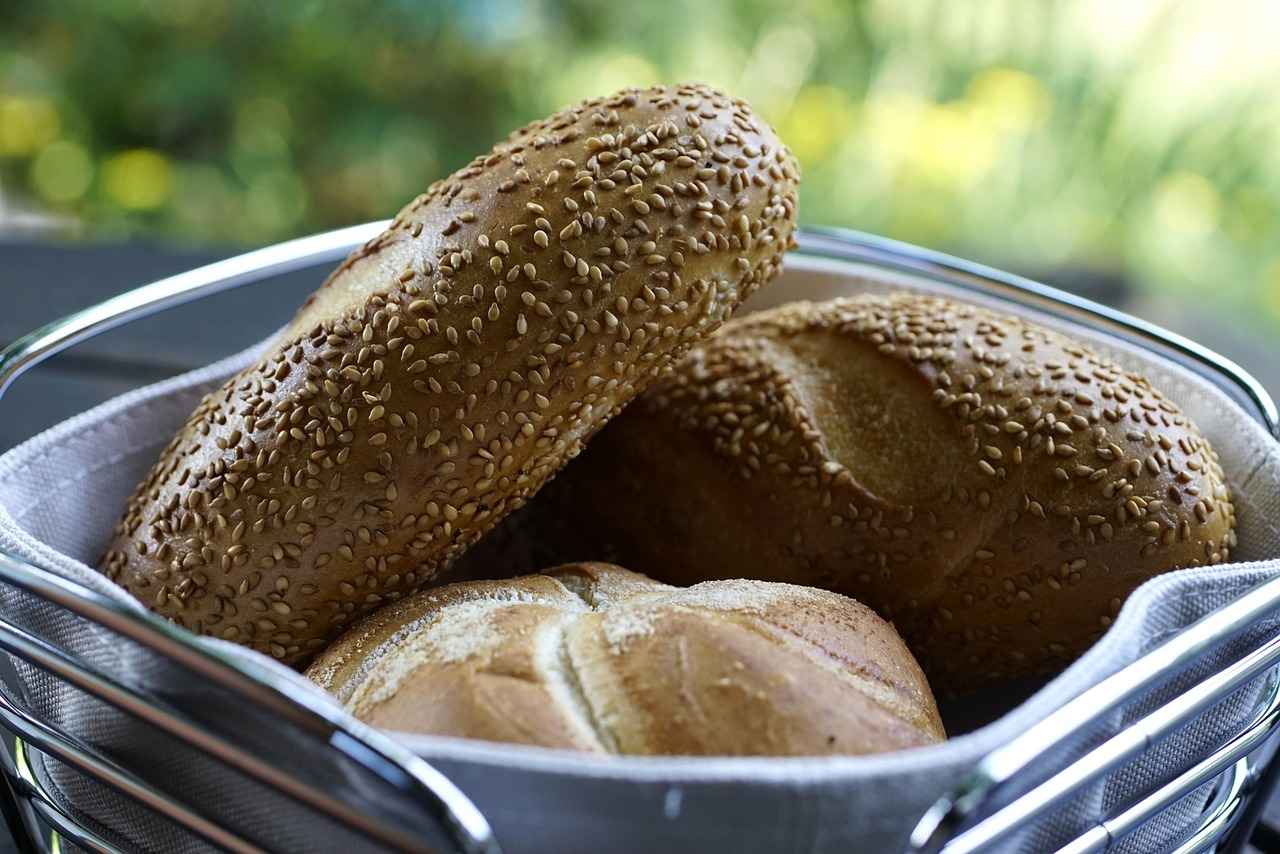
Why Is Protein Important in Our Diet?
Protein is often touted as one of the most essential macronutrients for maintaining a healthy body. It is a fundamental building block of life, playing a pivotal role in various bodily functions. Understanding why protein is important in our diet can help individuals make informed nutritional choices.
What Does Protein Do in the Body?
- Building and Repairing Tissues: Protein is crucial for the growth, repair, and maintenance of tissues. This includes muscles, organs, skin, and hair. When we experience injuries or engage in physical activity, protein helps to rebuild damaged tissues, facilitating recovery and growth.
- Supporting Immune Function: Proteins are vital for the production of antibodies and immune system cells. A diet rich in protein can bolster the body’s defenses against infections and diseases, ensuring a robust immune response.
- Energy Source: While carbohydrates and fats are the primary energy sources, protein can also serve as an energy source when necessary. In situations where carbohydrates are scarce, the body can convert protein into glucose for energy.
- Hormone Production: Many hormones are proteins or peptides that regulate various physiological processes, including metabolism, growth, and mood. Adequate protein intake is necessary for the synthesis of these crucial hormones.
- Enzyme Function: Enzymes, which are proteins themselves, facilitate biochemical reactions in the body. They are essential for digestion, metabolism, and many other bodily functions.
How Much Protein Do We Need?
The recommended dietary allowance (RDA) for protein varies based on age, sex, and activity level. Generally, adults should aim for about 46 grams per day for women and 56 grams for men. However, athletes and individuals engaged in intense physical activity may require significantly more to support muscle repair and growth.
Sources of Protein:
Protein can be obtained from both animal and plant sources. Animal-based proteins, such as meat, dairy, and eggs, are considered complete proteins because they provide all essential amino acids. In contrast, many plant-based proteins, such as beans, lentils, and nuts, may be incomplete but can be combined to form a complete protein profile.
Benefits of a High-Protein Diet:
- Weight Management: High-protein diets can promote satiety, helping individuals feel fuller for longer. This can lead to reduced calorie intake and support weight loss or maintenance.
- Muscle Mass Preservation: Adequate protein intake is essential for preserving lean muscle mass, especially during weight loss or aging. It helps mitigate muscle loss, ensuring strength and functionality.
- Improved Metabolism: Protein has a higher thermic effect compared to fats and carbohydrates, meaning the body burns more calories digesting protein-rich foods.
Conclusion: In summary, protein is a vital nutrient that supports numerous bodily functions, from tissue repair to immune health. Ensuring an adequate intake of protein through a balanced diet can contribute significantly to overall health and well-being. Whether through animal or plant sources, incorporating a variety of protein-rich foods into daily meals is essential for maintaining a healthy lifestyle.

Comparative Analysis: Chia Seeds vs. Other Seeds
When it comes to choosing seeds for a healthy diet, chia seeds stand out for their impressive nutritional profile. While flaxseeds and hemp seeds are often praised for their health benefits, chia seeds offer a competitive protein content along with unique advantages that cater to various dietary needs.
Protein Content: A Closer Look
Chia seeds contain approximately 4 grams of protein per 28-gram serving, making them a solid choice for those seeking plant-based protein sources. In comparison, hemp seeds provide around 9 grams of protein per the same serving size, while flaxseeds offer about 5 grams. However, the quality of protein in chia seeds is notable due to their rich profile of essential amino acids, which are crucial for muscle repair and overall health.
Fiber and Omega-3 Fatty Acids
Besides protein, chia seeds are exceptionally high in dietary fiber, with about 11 grams per serving. This fiber content aids in digestion and can help maintain a healthy weight by promoting a feeling of fullness. In contrast, flaxseeds also provide a significant amount of fiber but are particularly known for their high levels of omega-3 fatty acids. Hemp seeds, while lower in fiber, are rich in omega-6 fatty acids, contributing to heart health.
Unique Health Benefits
Chia seeds are not just about protein; they also offer a variety of health benefits. Their high antioxidant content helps combat oxidative stress, while the presence of calcium, magnesium, and phosphorus supports bone health. In comparison, flaxseeds are renowned for their lignans, which may help reduce the risk of certain cancers, and hemp seeds are celebrated for their balance of omega fatty acids, which can support cardiovascular health.
Versatility in the Kitchen
One of the greatest advantages of chia seeds is their versatility. They can be easily incorporated into smoothies, oatmeal, and even baked goods without altering the flavor significantly. They can also be used to create a gel-like consistency when soaked in water, which can serve as a healthy thickening agent in recipes. In contrast, flaxseeds are often ground to enhance nutrient absorption, while hemp seeds are typically used as a topping due to their nutty flavor.
Dietary Considerations
For those following a vegan or vegetarian diet, chia seeds can be particularly beneficial as they provide a complete protein source, containing all nine essential amino acids. This aspect makes them a valuable addition for individuals who may struggle to meet their protein needs from other plant sources. While hemp seeds also offer complete protein, chia seeds have the added advantage of being easier to digest and prepare.
Conclusion
In summary, chia seeds present a compelling option when compared to other seeds like flaxseeds and hemp seeds. Their balanced protein content, high fiber, and numerous health benefits make them a versatile choice for anyone looking to enhance their diet. Whether you are seeking to boost your protein intake, improve digestion, or simply add variety to your meals, chia seeds can play a significant role in achieving your health goals.

How to Incorporate Chia Seeds into Your Diet?
Incorporating chia seeds into your diet can be a delightful and nutritious endeavor. These tiny seeds are not only packed with essential nutrients but also versatile enough to blend seamlessly into various meals. Here are some creative and practical ways to include chia seeds in your daily routine.
One of the simplest ways to enjoy chia seeds is by adding them to smoothies. Their mild flavor ensures they won’t overpower your drink. Just one tablespoon of chia seeds can enhance your smoothie with added fiber and protein. Simply blend your favorite fruits, vegetables, and a tablespoon of chia seeds for a creamy and nutritious drink. The seeds will absorb liquid and create a delightful texture, making your smoothie even more satisfying.
Transform your morning oatmeal by stirring in chia seeds. Not only do they add a pleasant crunch, but they also boost the nutritional profile of your breakfast. For a delicious bowl, cook your oatmeal as usual and mix in a tablespoon of chia seeds. Allow it to sit for a few minutes to let the seeds expand, creating a thicker consistency. You can sweeten it with honey or maple syrup and top it with fruits and nuts for a wholesome meal.
Chia seeds can also be sprinkled on salads for an extra crunch. They pair well with leafy greens, vegetables, and dressings. Simply toss a tablespoon of chia seeds into your salad mix before serving. This addition not only enhances the texture but also provides a nutritious boost without altering the salad’s overall taste.
For those with a sweet tooth, chia seed pudding is a fantastic option. To make this treat, combine chia seeds with your choice of milk (dairy or plant-based) and a sweetener of your choice. Let the mixture sit in the refrigerator for a few hours or overnight. The seeds will absorb the liquid, resulting in a pudding-like consistency. Top with fruits, nuts, or granola for a delicious and healthy dessert.
Incorporate chia seeds into your baking for added nutrition. They can be mixed into muffins, bread, or pancakes. When used in baking, chia seeds can help retain moisture and improve the texture of your goods. For every cup of flour, add a couple of tablespoons of chia seeds to boost the fiber and protein content.
Chia seeds can also be added to soups and stews as a thickening agent. Just a tablespoon or two can help enhance the texture while providing additional nutrients. They can be added during cooking, allowing them to absorb the broth and create a heartier consistency.
For a refreshing drink, try adding chia seeds to your water or juice. Simply mix a tablespoon of chia seeds into a glass of water or your favorite juice and let it sit for about 10 minutes. The seeds will swell and create a unique, hydrating beverage that is both nutritious and satisfying.
In conclusion, chia seeds are a versatile ingredient that can easily elevate your meals. Whether you choose to add them to smoothies, oatmeal, salads, or even baked goods, their nutritional benefits and unique texture can enhance your diet significantly. With so many ways to incorporate them, it’s easy to enjoy the health benefits of chia seeds in your everyday meals.
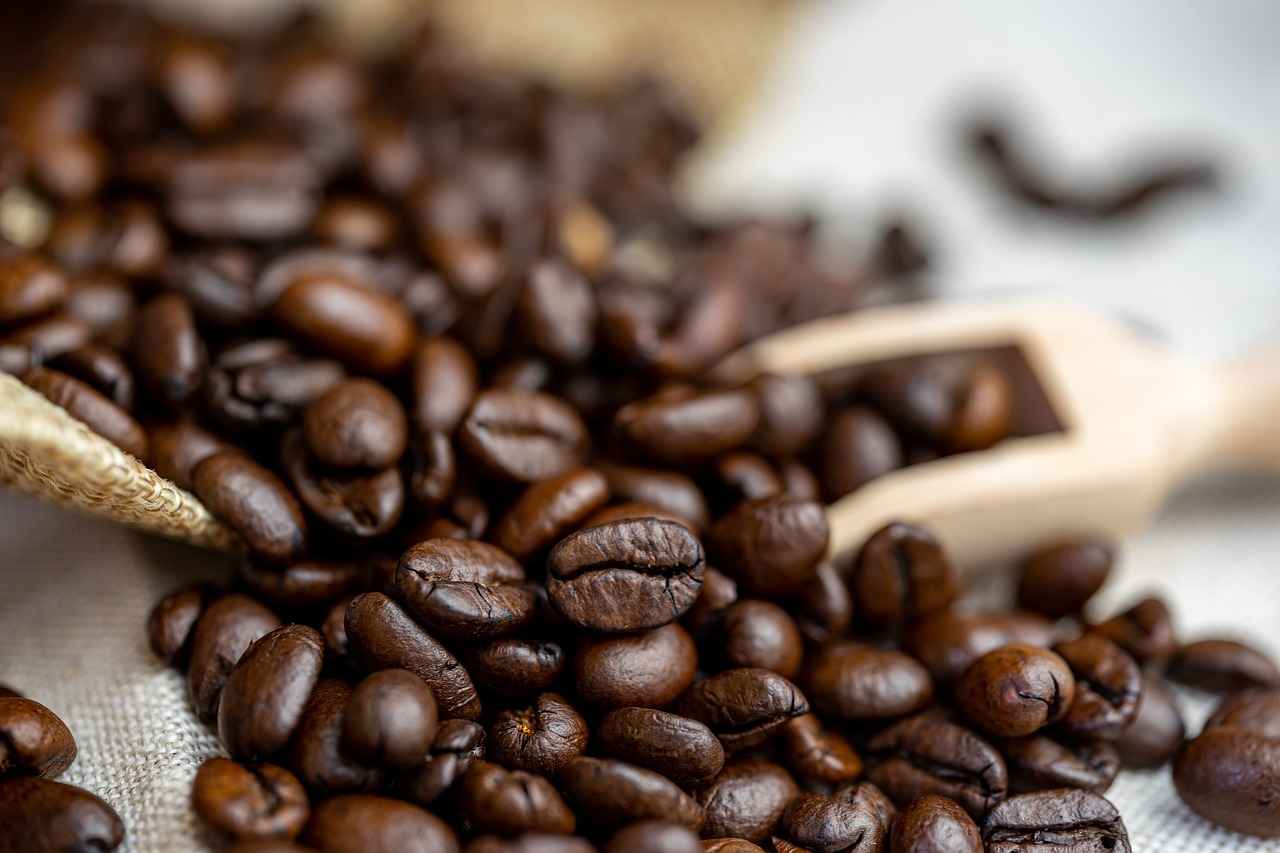
Are There Any Health Benefits of Chia Seeds Beyond Protein?
Chia seeds have gained significant popularity in recent years, not just for their protein content but also for their impressive range of health benefits. These tiny seeds, originating from the Salvia hispanica plant, are packed with nutrients that contribute to overall well-being. In this section, we will delve into the various health benefits of chia seeds beyond their protein content.
Rich in Antioxidants
Chia seeds are a powerhouse of antioxidants, which help combat oxidative stress in the body. Oxidative stress is linked to various chronic diseases, including heart disease and cancer. The antioxidants in chia seeds help neutralize free radicals, thereby protecting the body from cellular damage.
High in Dietary Fiber
One of the standout features of chia seeds is their high fiber content. A single ounce (about 28 grams) of chia seeds contains approximately 11 grams of fiber, which is essential for maintaining healthy digestion. This fiber aids in regulating bowel movements and can help prevent constipation. Additionally, fiber contributes to a feeling of fullness, which can be beneficial for those looking to manage their weight.
Essential Fatty Acids for Heart Health
Chia seeds are an excellent source of omega-3 fatty acids, particularly alpha-linolenic acid (ALA). Omega-3 fatty acids are known for their heart-protective properties. They help reduce inflammation, lower blood pressure, and improve cholesterol levels. Regular consumption of chia seeds can contribute to better heart health and a reduced risk of cardiovascular diseases.
Anti-Inflammatory Properties
The combination of antioxidants, fiber, and omega-3 fatty acids in chia seeds contributes to their anti-inflammatory properties. Chronic inflammation is a key factor in many diseases, including arthritis and diabetes. By incorporating chia seeds into your diet, you may help reduce inflammation and promote overall health.
Bone Health Benefits
Chia seeds are also a source of essential minerals like calcium, phosphorus, and magnesium, which are vital for maintaining strong bones. A single serving of chia seeds provides about 18% of the recommended daily intake of calcium, making them an excellent addition to a bone-healthy diet.
Blood Sugar Regulation
Chia seeds may play a role in regulating blood sugar levels. The high fiber content slows down the absorption of sugar in the bloodstream, which can help stabilize blood sugar levels. This can be particularly beneficial for individuals with diabetes or those at risk of developing the condition.
Versatile and Easy to Incorporate
Incorporating chia seeds into your diet is easy and versatile. They can be added to smoothies, yogurt, oatmeal, or baked goods. When soaked in liquid, chia seeds expand and form a gel-like consistency, making them an excellent thickening agent for puddings and sauces.
In summary, chia seeds offer a multitude of health benefits beyond just being a source of protein. Their rich content of antioxidants, fiber, essential fatty acids, and minerals make them a valuable addition to a balanced diet. By including chia seeds in your meals, you can enjoy their numerous health advantages while enhancing the nutritional profile of your food.

What Are the Best Ways to Prepare Chia Seeds?
Chia seeds are incredibly versatile and can be prepared in a multitude of ways to enhance their nutritional benefits and incorporate them into your diet seamlessly. Below, we explore some of the best methods to prepare chia seeds that not only maximize their health benefits but also make them enjoyable to consume.
- Soaking for Gel Formation: One of the most popular methods is to soak chia seeds in water or any liquid of your choice. When left to soak, chia seeds absorb the liquid and expand, creating a gel-like consistency. This gel can be used as a base for puddings, smoothies, or even as an egg substitute in baking.
- Adding to Smoothies: Chia seeds can be added directly to your smoothies. Their neutral flavor allows them to blend well without altering the taste. They provide a nutritional boost and contribute to the thickness of the smoothie, making it more satisfying.
- Incorporating into Baked Goods: You can mix chia seeds into your favorite baked goods such as muffins, bread, or pancakes. This adds not only a nutritional punch but also a delightful crunch. Just remember to adjust the liquid content in your recipes to account for the moisture that chia seeds will absorb.
- Sprinkling on Salads and Yogurt: Another simple way to enjoy chia seeds is by sprinkling them on top of salads, yogurt, or oatmeal. This method enhances the texture and adds a bit of crunch, making your meals more exciting.
- Chia Seed Jam: For a healthy alternative to traditional jam, you can make chia seed jam by combining mashed fruit with chia seeds and letting the mixture sit. The chia seeds will absorb the liquid from the fruit, creating a spreadable consistency that is both delicious and nutritious.
When preparing chia seeds, it’s important to keep in mind that they can absorb up to 12 times their weight in liquid. This property makes them an excellent ingredient for hydration as well. Additionally, soaking chia seeds not only enhances their digestibility but also helps release their valuable nutrients.
For those who prefer a quick preparation method, it is possible to consume chia seeds dry, but it’s advisable to drink plenty of water afterward to prevent any digestive discomfort. This is particularly important, as chia seeds can expand in your stomach as they absorb liquid.
In summary, the best ways to prepare chia seeds are varied and adaptable to your dietary preferences. Whether you choose to soak them, blend them into smoothies, or sprinkle them over your meals, incorporating chia seeds into your diet can lead to numerous health benefits, including improved digestion and enhanced nutrient intake. Experiment with these methods to find what works best for you and enjoy the rich nutritional profile that chia seeds have to offer!
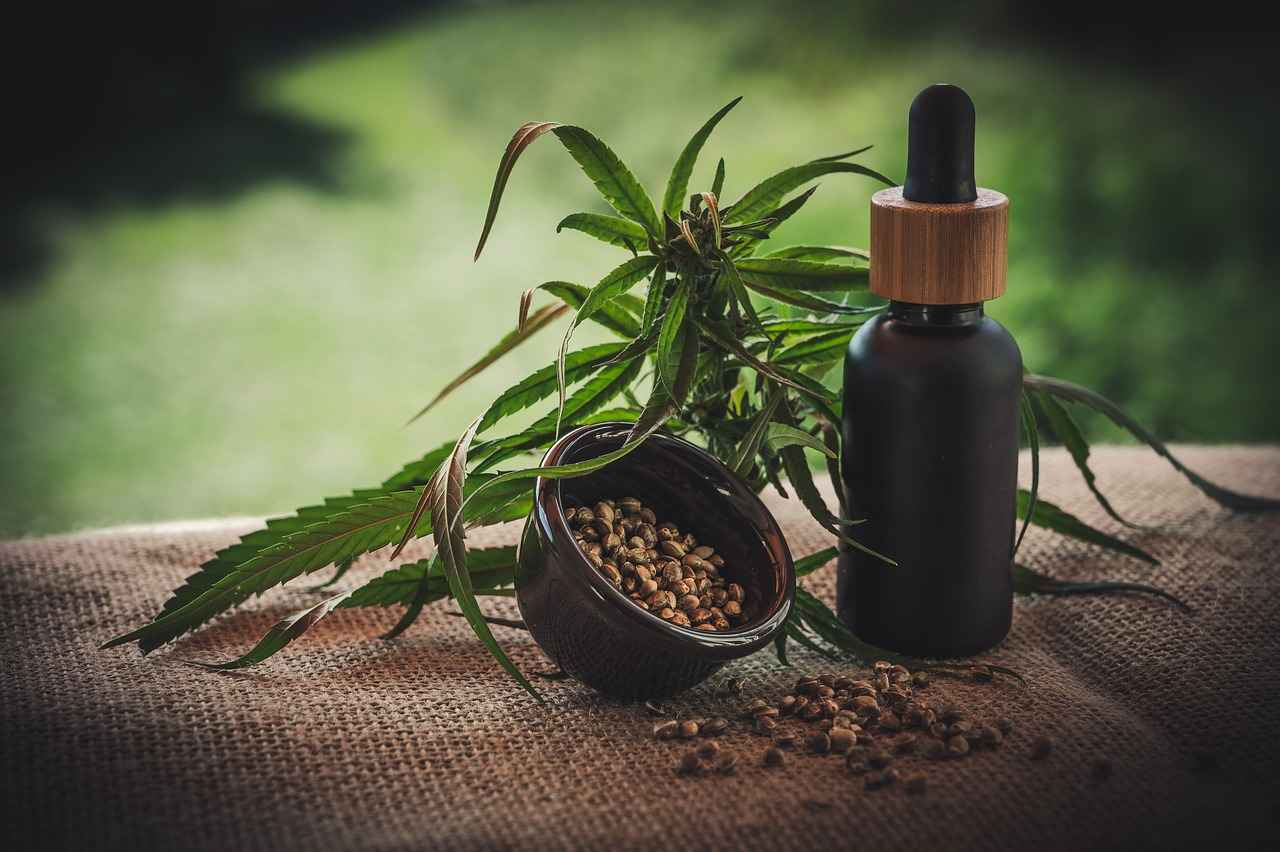
Can Chia Seeds Help with Weight Management?
Chia seeds have garnered significant attention in the health and wellness community, particularly for their potential role in weight management. These tiny seeds, packed with nutrients, offer various benefits that can aid in maintaining a healthy weight. One of the most notable features of chia seeds is their high fiber content, which plays a crucial role in promoting satiety.
When chia seeds are consumed, they can absorb up to 12 times their weight in water, forming a gel-like substance in the digestive tract. This process not only helps to slow down digestion but also enhances the feeling of fullness. As a result, individuals may find themselves less inclined to snack between meals, potentially leading to a reduction in overall calorie intake.
Incorporating chia seeds into your diet can be simple and versatile. Here are a few ways to enjoy them:
- In smoothies: Blend chia seeds into your favorite smoothie for added thickness and nutrition.
- As a topping: Sprinkle chia seeds on salads or yogurt for a crunchy texture.
- In puddings: Mix chia seeds with milk or a dairy alternative and let them soak overnight for a nutritious breakfast or snack.
Moreover, the fiber in chia seeds is primarily soluble fiber, which can help regulate blood sugar levels. By stabilizing blood sugar, chia seeds may help prevent the spikes and crashes that often lead to cravings for unhealthy snacks. This characteristic further supports their role in weight management by promoting more balanced energy levels throughout the day.
Additionally, chia seeds are low in calories but high in essential nutrients, including protein, omega-3 fatty acids, and various vitamins and minerals. This nutrient density means that they can contribute to a feeling of satisfaction without adding excessive calories to your diet. For those looking to manage their weight, incorporating chia seeds can be a beneficial strategy.
However, it is important to consume chia seeds in moderation. While they offer numerous health benefits, excessive intake can lead to digestive discomfort due to their high fiber content. It’s advisable to start with a small amount—such as one tablespoon per day—and gradually increase as your body adjusts.
In summary, chia seeds can indeed play a role in weight management due to their high fiber content, ability to promote fullness, and nutrient density. By incorporating them into a balanced diet, you can harness their benefits while enjoying a variety of delicious meals. Always remember to pair chia seeds with a healthy lifestyle, including regular physical activity and a well-rounded diet, for optimal results.

Are There Any Potential Side Effects of Eating Chia Seeds?
Chia seeds have gained immense popularity as a superfood, known for their impressive nutritional profile. However, as with any food, it is essential to be aware of the potential side effects associated with their consumption. This section will delve into the possible adverse effects of chia seeds, emphasizing the importance of moderation.
While chia seeds are generally safe for most individuals, excessive consumption can lead to some unwanted side effects. Some of the most commonly reported issues include:
- Digestive Problems: Due to their high fiber content, consuming large quantities of chia seeds can result in digestive discomfort. Symptoms may include bloating, gas, and even diarrhea in sensitive individuals.
- Allergic Reactions: Although rare, some people may experience allergic reactions to chia seeds. Symptoms can range from mild skin rashes to more severe reactions, necessitating immediate medical attention.
- Choking Hazard: Chia seeds can absorb a significant amount of water and expand in size. If consumed dry and without adequate liquid, they may pose a choking risk, especially for those with swallowing difficulties.
To enjoy the numerous health benefits of chia seeds while minimizing the risk of side effects, it is crucial to practice moderation. Experts recommend starting with a small serving size, such as one tablespoon (approximately 15 grams), and gradually increasing it as your body adjusts. This approach allows you to gauge your tolerance and avoid potential digestive issues.
Certain individuals may need to exercise additional caution when incorporating chia seeds into their diet:
- Individuals with Digestive Disorders: Those with pre-existing gastrointestinal issues, such as irritable bowel syndrome (IBS) or inflammatory bowel disease (IBD), should consult a healthcare professional before adding chia seeds to their diet.
- Pregnant and Breastfeeding Women: While chia seeds can be beneficial, pregnant and breastfeeding women should consult their healthcare provider to determine an appropriate serving size.
- Individuals on Blood Thinners: Chia seeds may have a blood-thinning effect due to their omega-3 fatty acid content. Those taking anticoagulant medications should seek medical advice before consuming chia seeds regularly.
Recognizing the signs of an allergic reaction is vital for ensuring safety. Symptoms may include:
- Skin rashes or hives
- Itching or swelling, particularly around the face or mouth
- Difficulty breathing or swallowing
If any of these symptoms occur after consuming chia seeds, it is essential to seek medical attention immediately.
In summary, while chia seeds are a nutrient-rich addition to many diets, it is essential to consume them in moderation to avoid potential side effects. By being aware of the risks and listening to your body, you can safely enjoy the health benefits that chia seeds offer.

Where to Buy Quality Chia Seeds?
When looking to purchase quality chia seeds, it is essential to know where to find them to ensure you are getting the best nutritional benefits. Chia seeds have gained immense popularity due to their health benefits, making them widely available in various retail outlets. However, not all chia seeds are created equal, so it’s crucial to choose wisely.
- Health Food Stores: Local health food stores often carry a variety of chia seeds, including organic and non-GMO options. These stores typically focus on providing high-quality products, making them a reliable source for health-conscious consumers.
- Supermarkets: Many supermarkets now have dedicated health food sections where you can find chia seeds. Look for brands that specifically label their seeds as organic and non-GMO to ensure you are purchasing a quality product.
- Online Retailers: The convenience of online shopping allows you to compare different brands and read customer reviews. Websites like Amazon, Thrive Market, and health-focused online retailers offer a wide selection of chia seeds, often with detailed product descriptions and nutritional information.
- Farmers’ Markets: Purchasing chia seeds directly from local farmers can be a great way to support local agriculture while ensuring you are getting fresh, high-quality seeds. Many farmers are happy to share information about their farming practices, including whether their seeds are organic.
Opting for organic and non-GMO chia seeds is vital for several reasons:
- Better Nutritional Value: Organic chia seeds are grown without synthetic pesticides or fertilizers, which can enhance their nutritional profile.
- Environmental Impact: Choosing organic products supports sustainable farming practices that are less harmful to the environment.
- Health Benefits: Non-GMO seeds ensure that you are consuming a product that has not been genetically modified, which some studies suggest may be linked to health issues.
When purchasing chia seeds, consider the following factors to ensure quality:
- Packaging: Look for seeds that are packaged in a way that protects them from light and moisture, which can degrade their quality over time.
- Expiration Date: Always check the expiration date to ensure freshness. Chia seeds can last for a long time, but it’s best to consume them before the date indicated.
- Brand Reputation: Research the brand’s reputation. Trusted brands often have positive reviews and are known for their quality control practices.
The price of chia seeds can vary significantly based on factors like brand, organic certification, and purchase location. On average, you can expect to pay:
| Type | Price per Pound |
|---|---|
| Conventional Chia Seeds | $5 – $10 |
| Organic Chia Seeds | $10 – $15 |
| Bulk Purchases | $4 – $8 |
In conclusion, finding quality chia seeds involves knowing where to look and what to consider. Whether you choose to shop at local health food stores, supermarkets, or online, prioritizing organic and non-GMO options will ensure that you are making a healthy choice for your diet.
Frequently Asked Questions
- How many grams of protein are in chia seeds?
Chia seeds contain approximately 4 grams of protein per 28-gram serving, making them a fantastic plant-based protein source.
- Can chia seeds help with weight loss?
Yes! Chia seeds are high in fiber and can absorb water, which helps you feel fuller for longer, potentially aiding in weight management.
- Are there any side effects of consuming chia seeds?
While generally safe, consuming excessive amounts of chia seeds may lead to digestive issues or allergic reactions in some individuals. Moderation is key!
- How can I incorporate chia seeds into my meals?
You can easily add chia seeds to smoothies, oatmeal, or salads. They enhance texture and nutrition without significantly altering the taste.
- Where can I buy quality chia seeds?
Quality chia seeds can be found at health food stores, supermarkets, or online. Look for organic and non-GMO options for the best health benefits.
